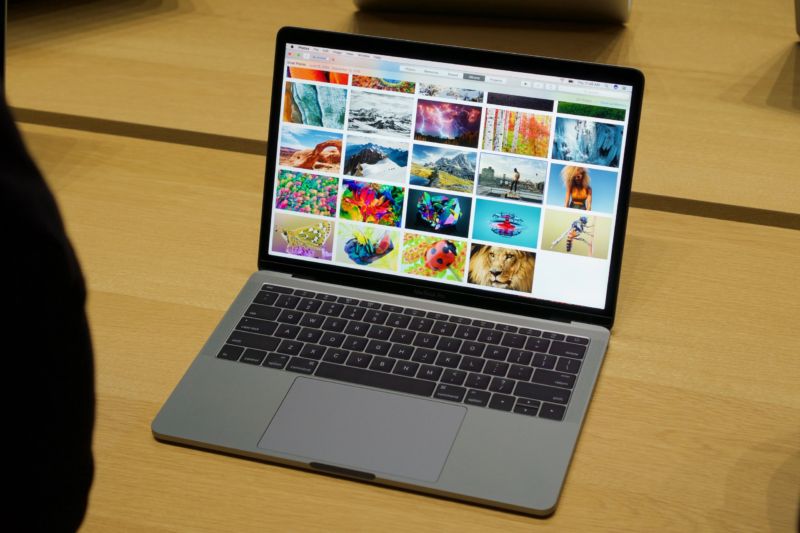
SAN JOSE, Calif.—Apple has some good news for those of you who still use older Macs: the new release of macOS, macOS High Sierra, will run on any Mac hardware that currently runs Sierra. The full support list is as follows:
- MacBook (late 2009 and later)
- iMac (late 2009 and later)
- MacBook Air (2010 and later)
- MacBook Pro (2010 and later)
- Mac Mini (2010 and later)
- Mac Pro (2010 and later)
Last year, Sierra dropped support for many 2007, 2008, and 2009-era Macs, the first time Apple had changed its system requirements since releasing Mountain Lion in 2012. At the time, the company told us that it wanted to bring the Mac’s software support cycle more in line with its hardware support lifecycle. Apple considers hardware made between five and seven years ago to be “vintage,” and it limits the type of service it will provide for those machines. Anything made more than seven years ago is considered “obsolete,” and Apple and its authorized service providers will no longer offer to support or repair it if you bring it in.
Still, given that desktops and laptops improve at a slower rate and have a longer useful life than phones and tablets, it’s nice to see that Apple isn’t just heedlessly dropping support for older hardware based on its vintage rather than its capabilities. Not all Macs will support all of High Sierra's new features—some capabilities rely on hardware only included in newer Macs—but as long as your Mac runs Sierra, you’ll be able to get most of the new improvements if you want them.
The final version of macOS High Sierra will be released this fall, and as usual, Apple will issue a series of betas to developers and to the general public starting today.
reader comments
32